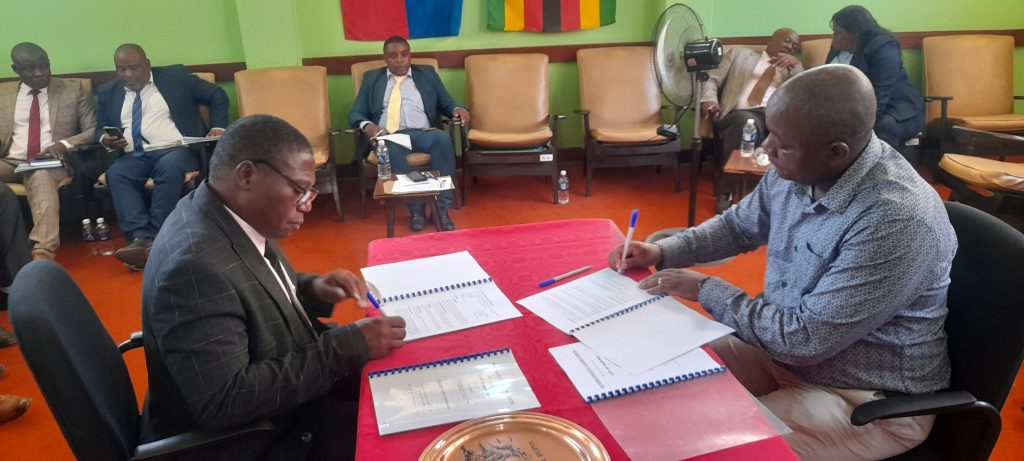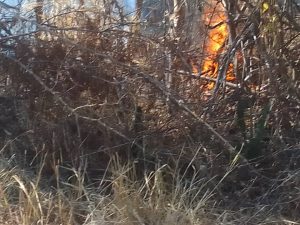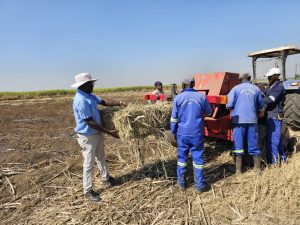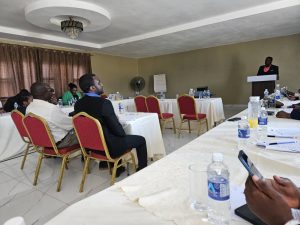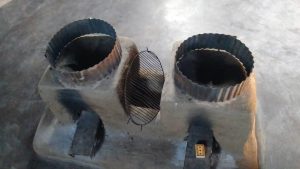Upenyu Chaota
City of Masvingo will soon be producing commercial bio-methane gas from sewage and other bio-degradable materials after the local authority partnered the Zimbabwe Open University (ZOU) to find new use for digesters at the city’s sewage works.
Bio-methane, also called renewable gas, is a combustible gas that is produced from biogas that has undergone a treatment known as upgrading.
Once the plant becomes operational, it will produce in excess of 4 000 cubic meters of bio-methane gas per day which is enough to supply over 12 000 households in the city.
In an interview with EnviroPress after signing the Memorandum of Understanding (MoU) with the City of Masvingo, ZOU Pro-Vice Chancellor Professor Francis Mugabe said bio-methane will act as an alternative source of energy to the commonly used Liquefied Petroleum Gas (LPG) in reducing load on the national electricity grid.
“The world is heading towards and energy crisis and Zimbabwe is not an exception as evidenced by the prolonged and frequent power outages. An alternative and renewable energy source for heating, lighting and electricity generation will provide the much needed relief on the national electricity grid.
“Currently, LPG is the most commonly used alternative energy for cooking and heating in urban areas but we are proposing the introduction of bio-methane as an alternative source. This will significantly reduce the country’s energy import bill,” said Prof Mugabe.
Under the deal, the city will provide land for the construction of the bio-methane plant, and will connect water to the plant while ZOU will provide the financial, human resources, and expertise for the project.
Though the capital investment that ZOU will put in was not revealed, the university said it had already purchased equipment from China and once delivered, it will take only three months to setup.
Dean in the ZOU Faculty of Science, Dr Kaitano Dzinavatonga said there will be a two-stage digester system, with each digester having full capacity of 2 000 cubic meters.
“We are going to do co-digestion incorporating market waste, water hyacinth and sewage sludge. We have inexhaustible supply of raw materials.
“The cost for the project is significantly low because council provides the digesters and we invest in purification equipment because what is initially produced is biogas which has a lot of impurities. We will then have to remove the impurities to come up with bio-methane,” said Dr Dzinavatonga.
He said using bio-methane was not complicated as the gas was usable with the same gas tanks and stoves as used with LPG.
City of Masvingo Town Clerk, Engineer Edward Mukaratirwa said the partnership with ZOU will put Masvingo on the map as a green city which strives to reduce its carbon footprint.
“Besides creating employment, the project will be our contribution to Vision 2030 of achieving an upper-middle income economy as pronounced by His Excellency President Emmerson Mnangagwa,” said Mukaratirwa.
He said revenue generated by the project which will aid service delivery.
During the 2023 performance evaluation results for ministers, senior bureaucrats and other public officials last week Friday March 15 2024, President Mnangagwa named Mukaratirwa the best performer among all town clerks.

